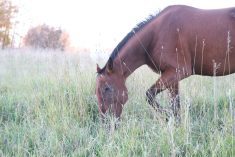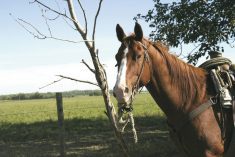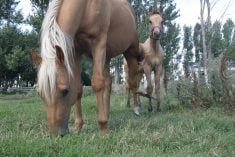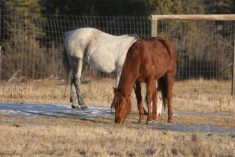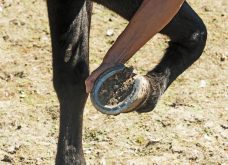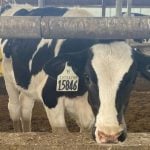The chance that your horse might require surgery for colic is low, very low, yet mentally entertaining the possibility and having a game plan could make a difference for you and your horse.
The reason for this is simply because a successful outcome to colic surgery is time sensitive. While deciding to do colic surgery can be difficult, a prompt decision is critical to the survival of the horse. Owners educated about costs, risks, and benefits of colic surgery are better able to make a well-informed final decision when faced with a crisis.
Read Also
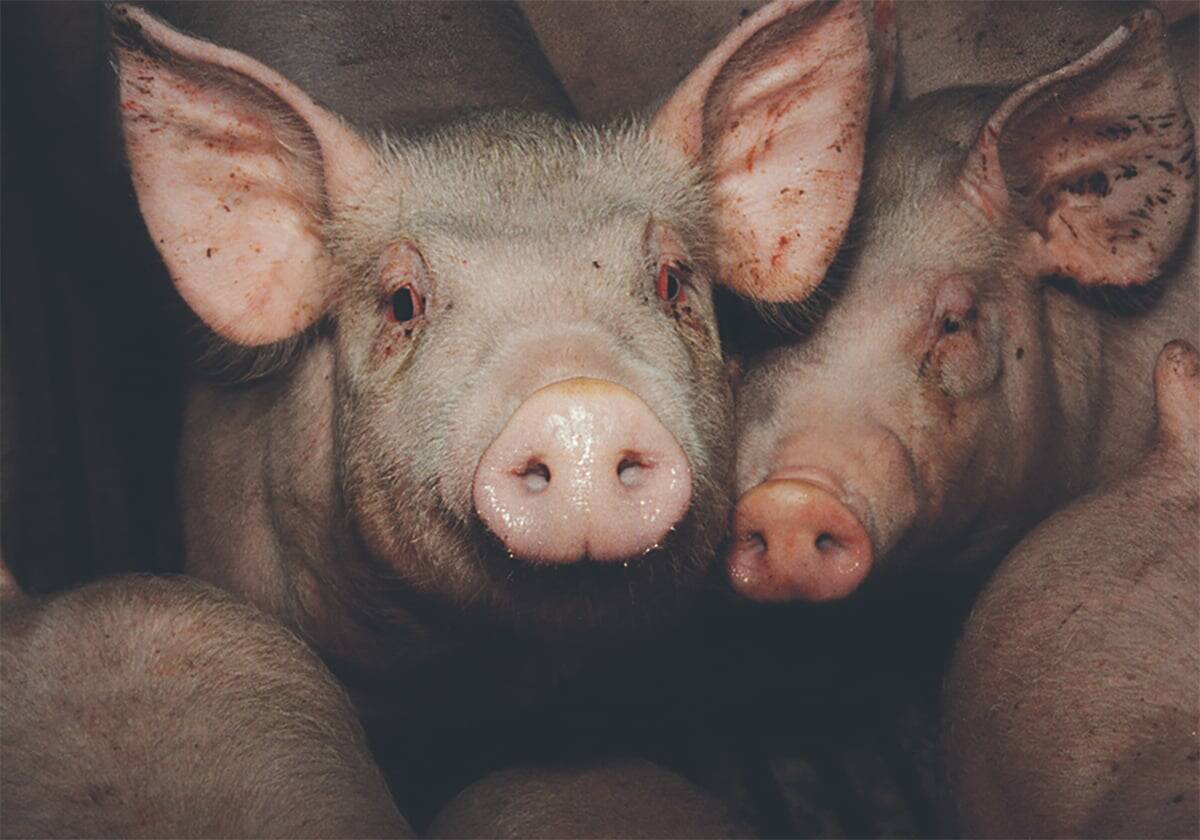
Scientists discover cause of pig ear necrosis
A University of Saskatchewan team, through years of research, has discovered new information about pig ear necrosis and what hog farmers can do to control it.
Colic is a relatively broad-based term indicating abdominal pain. Colic itself does not identify the cause. The causes of colic are variable and range from simple and self-resolving gas buildup and spasms, to life-threatening intestinal accidents such as twists and torsions.
Typically signs of colic include pawing, sweating, looking at the flank, restlessness, laying down, bloating, rolling, dog-sitting, elevated heart rate, changes to normal gut sounds, and increased respiration.
The veterinarian who sees the horse in the field must make a quick decision as to whether or not the horse is a surgical candidate. Treatment for colic falls into one of two categories: surgical or medical. Although the majority of colics tend to respond well to medical treatments such as drugs, hand-walking, stomach tubing, and other non-invasive procedures, there are times when surgery will be necessary to save a horse’s life.
The first-response veterinarian will be collecting data to assess whether or not the horse is a candidate for surgical intervention. There is no single diagnostic test that is 100 per cent accurate at determining the need for surgery.
Rather there are certain findings, such as the degree of pain, which are highly indicative of surgery. The pain of a surgical colic is most often constant and unrelenting. In very obvious cases, the horse is throwing itself down, thrashing, rolling and won’t get up, even with drugs on board.
When a horse does not respond to medical treatment after the first or maybe second veterinary visit, the attending veterinarian will have a conversation with the horse owner regarding the possibility of referring the horse to a nearby surgical facility.
Colic surgery is not for every horse owner. For that matter, colic surgery is not for every horse. The temperament of certain horses does not make them amendable to surgical intervention and the extensive followup care that is necessary to return to health.
If an owner would like to proceed with surgery, the veterinarian will prepare the horse for travel to the surgical facility as quickly as possible, as well as contact the referring facility.
Most referral facilities will re-evaluate the horse and give a prognosis for surgery. Typically a “best” estimate for the cost of the procedure will be completed and a deposit of between $3,000 to $5,000 will be necessary prior to the start of surgery.
Most surgical facilities will also require a credit card remain on file for the remainder of payment. Total costs for surgery and aftercare will range between $8,000 to $12,000. Post-operative complications quickly escalate the costs into higher ranges.
The cost of a colic surgery can be more than the cost of a new horse. Horse owners who would consider spending money for a colic surgery might investigate the costs and benefits of equine health and mortality insurance.
Carrying an insurance policy on the horse can ease the financial burden of a colic surgery. When choosing insurance policies, ensure all print is carefully adhered to in order to activate the claim.
Many variables contribute to the prognosis of a colic surgery. Some of these are the timing of the initial diagnosis, time until the horse is on the surgical table, type of lesion and type of horse.




